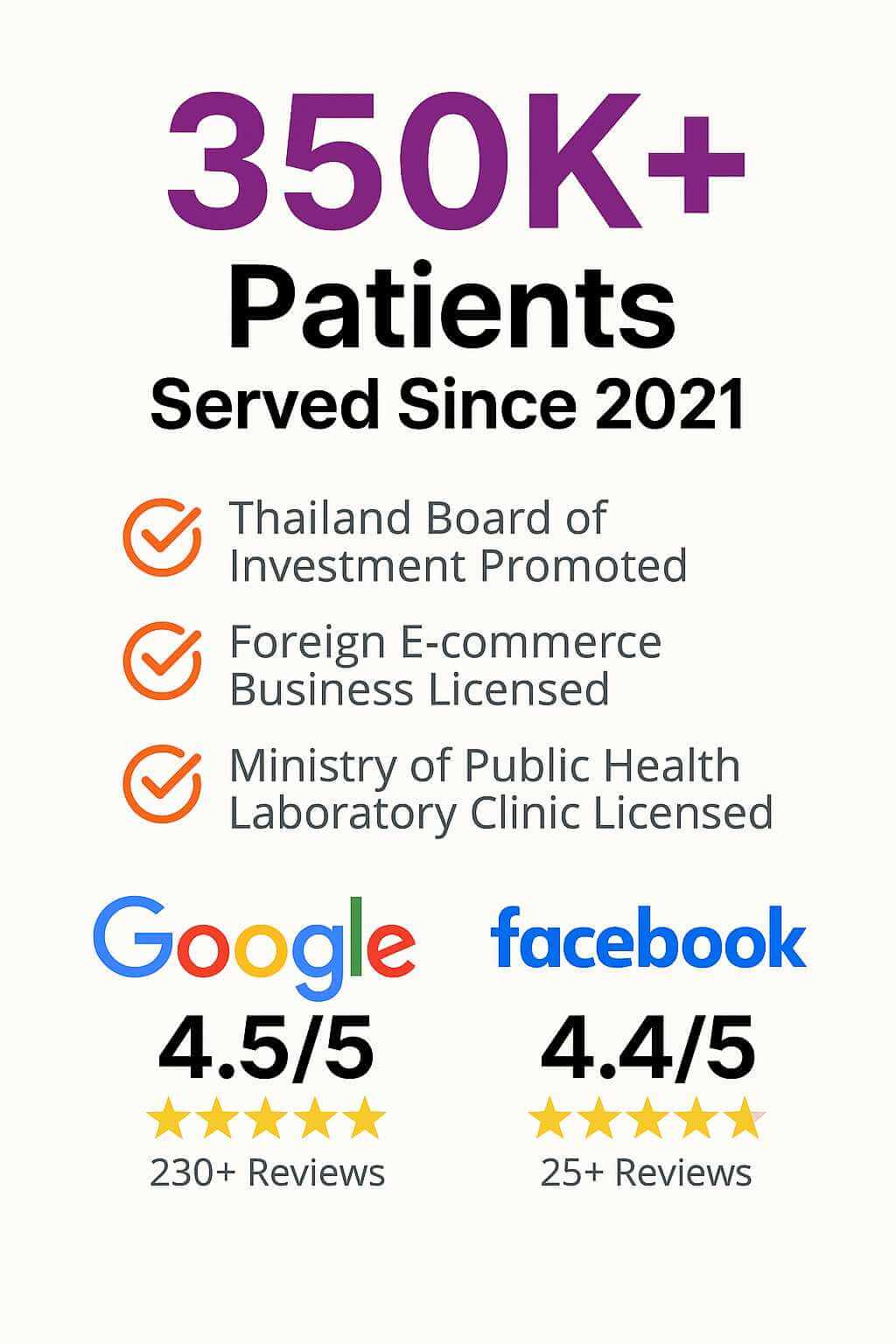
Pacemaker Installation
Home / Procedure Detail
Pacemaker Installation
- Procedure
- Pacemaker Installation
A pacemaker is a small device that’s placed (implanted) in the chest to help control the heartbeat. It’s used to prevent the heart from beating too slowly. Implanting a pacemaker in the chest requires a surgical procedure. A pacemaker is also called a cardiac pacing device.
Types
Depending on your condition, you might have one of the following types of pacemakers.- Single chamber pacemaker. This type usually carries electrical impulses to the right ventricle of your heart.
- Dual chamber pacemaker. This type carries electrical impulses to the right ventricle and the right atrium of your heart to help control the timing of contractions between the two chambers.
- Biventricular pacemaker. Biventricular pacing, also called cardiac resynchronization therapy, is for people who have heart failure and heartbeat problems. This type of pacemaker stimulates both of the lower heart chambers (the right and left ventricles) to make the heart beat more efficiently.
Why it’s done
A pacemaker is implanted to help control your heartbeat. Your doctor may recommend a temporary pacemaker when you have a slow heartbeat (bradycardia) after a heart attack, surgery or medication overdose but your heartbeat is otherwise expected to recover. A pacemaker may be implanted permanently to correct a chronic slow or irregular heartbeat or to help treat heart failure.Procedure Primary Points
- Pre-procedure: Awake during surgery, sedative for relaxation, chest cleaned.
- During procedure: Wires inserted via vein, secured in heart, attached to pulse generator.
- Alternative: Leadless pacemaker requires less invasive surgery, inserted via catheter.
- After procedure: Hospital stay, pacemaker programmed, avoid exercise, pain management.
- Special precautions: Keep cellphone 6 inches away, avoid metal detectors, inform doctors, caution with medical and power-generating equipment.
Things You Should Expect From the Procedure
Before the procedure
You’ll likely be awake during the surgery to implant the pacemaker, which typically takes a few hours. A specialist will insert an IV into your forearm or hand and give you a medication called a sedative to help you relax. Your chest is cleaned with special soap. Most pacemaker implantations are done using local anesthesia to numb the area of the incisions. However, the amount of sedation needed for the procedure depends on your specific health conditions. You may be fully awake or lightly sedated, or you may be given general anesthesia (fully asleep).During the procedure
One or more wires are inserted into a major vein under or near your collarbone and guided to your heart using X-ray images. One end of each wire is secured at the appropriate position in your heart, while the other end is attached to the pulse generator, which is usually implanted under the skin beneath your collarbone. A leadless pacemaker is smaller and typically requires a less invasive surgery to implant the device. The pulse generator and other pacemaker parts are contained in a single capsule. The doctor inserts a flexible sheath (catheter) in a vein in the groin and then guides the single component pacemaker through the catheter to the proper position in the heart.After the procedure
You’ll likely stay in the hospital for a day after having a pacemaker implanted. Your pacemaker will be programmed to fit your heart rhythm needs. You’ll need to arrange to have someone drive you home from the hospital. Your doctor might recommend that you avoid vigorous exercise or heavy lifting for about a month. Avoid putting pressure on the area where the pacemaker was implanted. If you have pain in that area, ask your doctor about taking medicines available without a medication, such as acetaminophen (Tylenol, others) or ibuprofen (Advil, Motrin IB, others).Special precautions
It’s unlikely that your pacemaker would stop working properly because of electrical interference. Still, you’ll need to take a few precautions:- Cellphones. It’s safe to talk on a cellphone, but keep your cellphone at least 6 inches (15 centimeters) away from your pacemaker. Don’t keep your phone in a shirt pocket. When talking on your phone, hold it to the ear opposite the side where your pacemaker was implanted.
- Security systems. Passing through an airport metal detector won’t interfere with your pacemaker, although the metal in the pacemaker could sound the alarm. But avoid lingering near or leaning against a metal-detection system.
- Medical equipment. Make sure all your doctors and dentists know you have a pacemaker. Certain medical procedures, such as magnetic resonance imaging, CT scans, cancer radiation treatment, electrocautery to control bleeding during surgery, and shock wave lithotripsy to break up large kidney stones or gallstones could interfere with your pacemaker.
- Power-generating equipment. Stand at least 2 feet (61 centimeters) from welding equipment, high-voltage transformers or motor-generator systems. If you work around such equipment, ask your doctor about arranging a test in your workplace to determine whether the equipment affects your pacemaker.
Medical Procedures
MedEx did help me a lot not only for connecting with clinics but also for other miscellaneous items such as visa extention. I am really sastify with the services received from MedEx. I've recommended to some of my friends to connect with MedEx too if they have plan to go for medical trip to BKK. 🙂
Engyin HtunSingapore 
Highly recommend to MedEx .They are professional and amazing team.
MedEx Staffs should have closed relationships with hospitals staffs to get more information and services.So,they can give the best services to patients.
Thomas FlyerMyanmar 
Owing to my heart pacemaker implant case, if I got a chance to refer anyone, without blinking my eyes I would refer to Vejthani Hospital. I am very grateful.
Bhagwan Ratna TuladharKathmandu, Nepal 
MedEx was very kind, patient, supportive and very helpful with my needs for seeing doctors and doing physical therapy here in Thailand. MedEx fulfilled everything I needed with my stay here with prompt actions, and I highly recommend MedEx if you are coming to Bangkok for medical treatment.
Ko Sai Aung Lwin TunMyanmar 




















